
The fireworks in Sydney are of epic proportions - don't let your pet's anxiety be!
Many animals (mostly dogs and sometimes cats) suffer from noise phobia; showing signs of high anxiety, stress and irrational fear particularly during loud events such as thunderstorms and fireworks. While there are many different signs of noise phobia, the most common signs include:
- Hiding (most common sign in cats)
- Urinating and or defecating
- Panting
- Trying to escape - this may include digging, or chewing
- Seeking the owner
- Expressing anal sacs
- Trembling or shaking
- Vocalizing (barking or meowing)
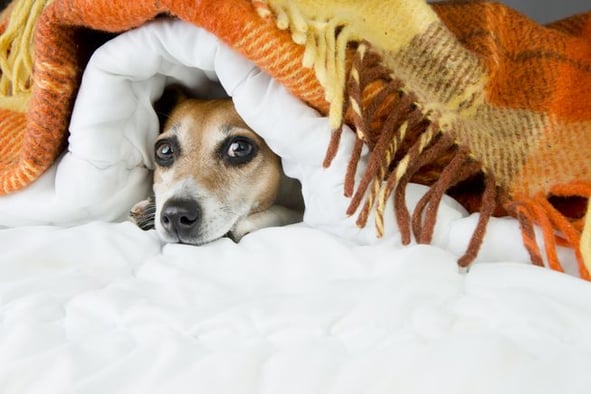
How is noise phobia treated?
In many cases, noise phobias can be effectively managed, although they often do not totally resolve. The most important factor in the effectiveness of the treatment, is the dedication of the owner to commit time and effort to implementing the behavior modification techniques.
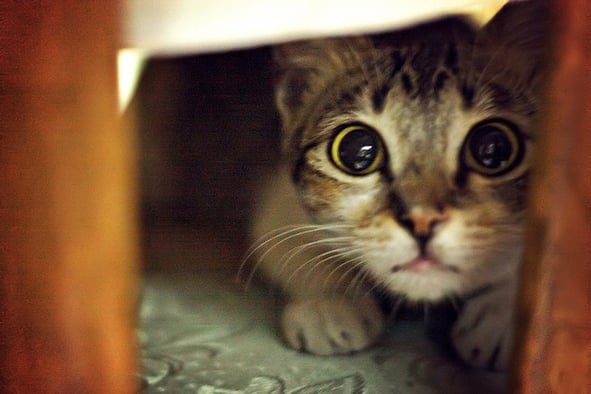
It is natural for pet owners to want to console and give excessive attention to their fearful animal. This excessive petting, however, is likely to be interpreted as a reward for the behavior. It is important for the pet owner to give attention in other ways such as playing or grooming.
Additionally, treatment also usually involves medications, modifying the environment as well as behavior modification.
What medications are used to treat noise phobia?
There are many anti-anxiety medications that your vet can prescribe. These however, are determined on a case-by-case basis and several combinations may need to be tried before the best regimen for your animal can be determined.
Two of the most commonly used medications are alprazolam (Xanax) and Diazepam (Valium.) Other medications, like clomipramine (Clomicalm) or Fluoxetine (Prozac) are also used, but need to be given daily for a period of 3-4 weeks to see the desired effect. Melatonin and Rescue Remedy have also been shown to help with noise phobias, if given prior to the noisy event. Adaptil and Feliway are pheromone sprays/diffusers that can also offer comfort during stressful periods.

How should the environment be modified?
- Make a comfort space or safe haven. Many animals feel safer in a small space such as a crate or small room. If the animal likes a crate, cover it with a towel but leave the door open. Allow your cat to have access to the closet or under the bed.
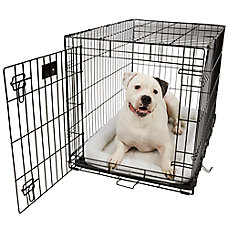
- Use white noise: Such as a fan, air conditioner, TV or radio may block out some of the fear-inducing noises.
- Close windows and curtains.
- Don't be worried or nervous. Your pet can sense your anxiety and this will make them more anxious. Be calm, confident, cool and collected.
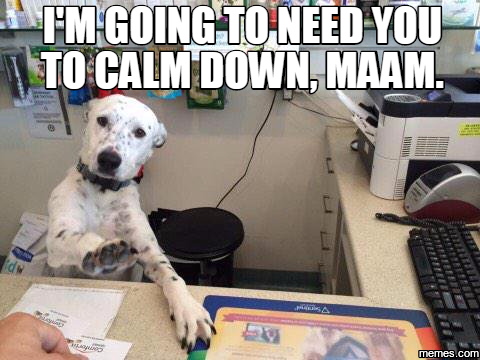
What is behavior modification?
Counterconditioning and desensitization are the two most helpful forms of behavior modification when dealing with noise phobias.
Using counterconditioning, a negative stimulus (in this case, loud noise) can become associated with a positive event (for example, a high-value treat,)
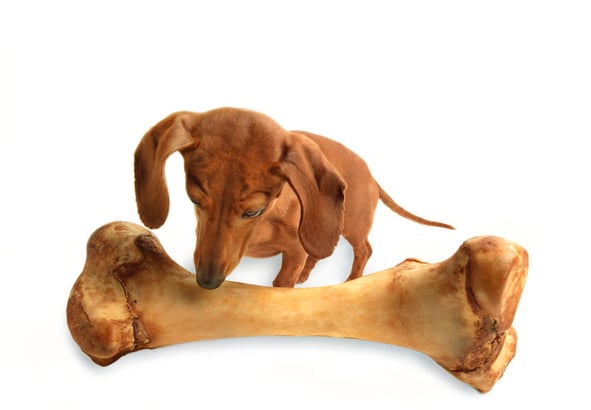
Using desensitization, for noise phobias the animal is taught to be calm when the noise level is low (often using a commercial tape or CD of the noise), and then the noise level is gradually increased.
Noise phobias can be challenging and stressful for both the pet and the owner. If you think your animal may suffer during the fireworks, please talk to your veterinarian or veterinary behaviorist for the best treatment plan for your pet.
